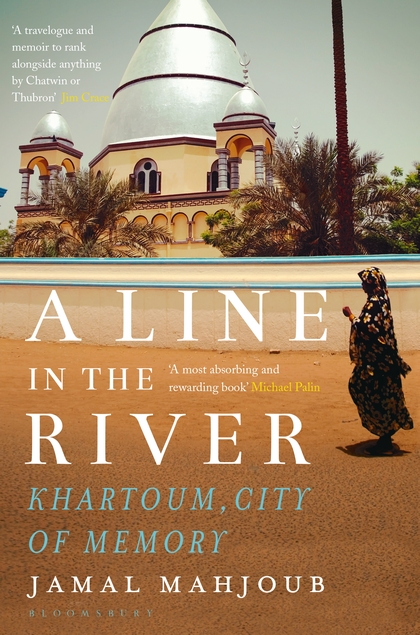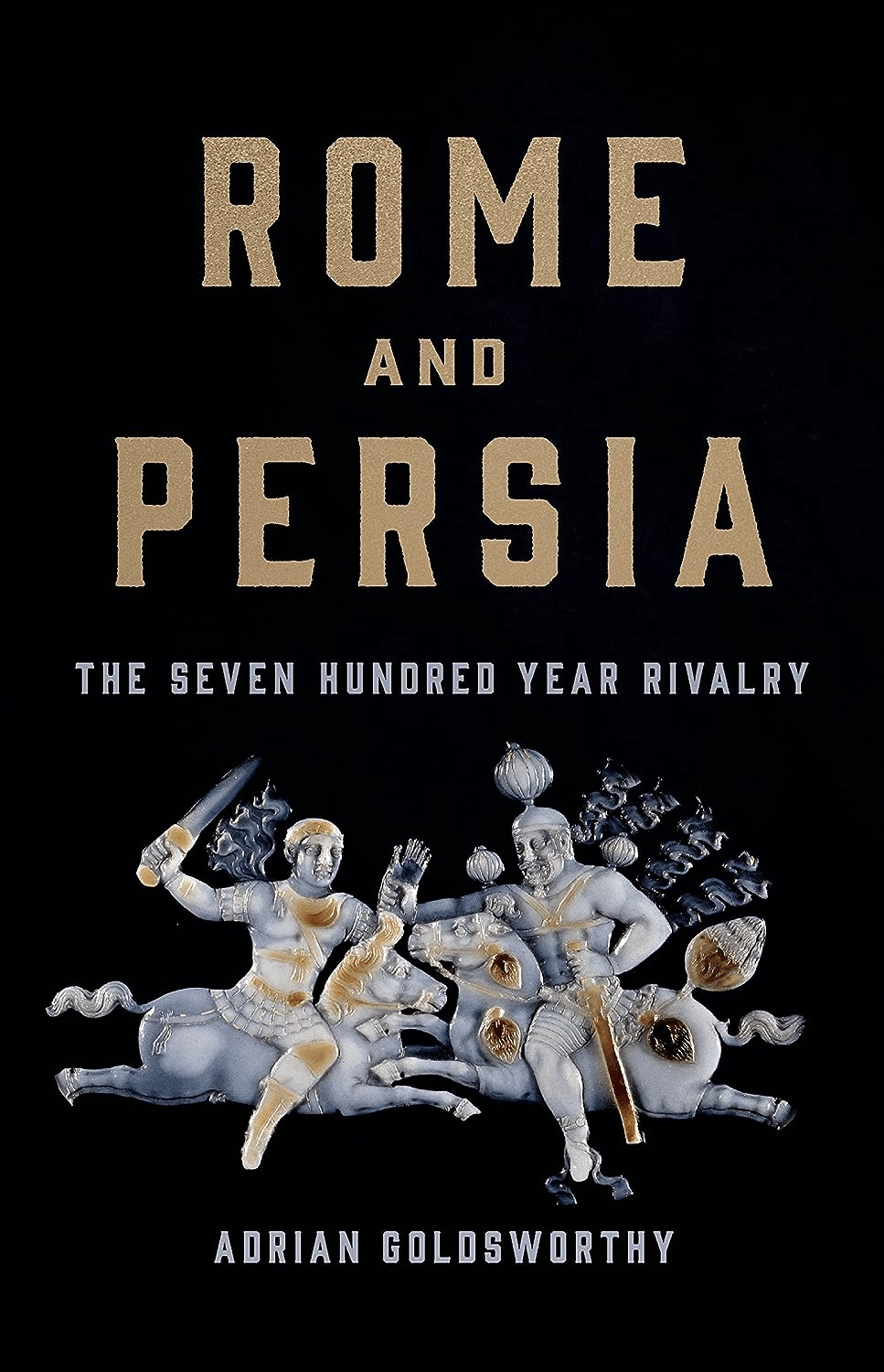
A Line in the River: Khartoum, City of Memory
Louis Werner
Jamal Mahjoub.
2018, Bloomsbury Publishing, 978-1-40888-546-8, $30 hb.
British novelist Jamal Mahjoub, perhaps better known to readers of his Sudanese detective series under the pseudonym Parker Bilal, has written a bittersweet love letter to his Sudanese father’s birthplace, which he left for England once in the 1940s and permanently in 1990. By that time the author too had left to study abroad. He let decades pass before returning to write this memoir-cum-history of the capital. Mahjoub presents a kind of a stop-motion take on Khartoum, seen through the lens of his late father’s stymied ambitions, updates from struggling relatives who stayed home and his own perceptions of the city as it was and as it is today. He portrays its metamorphoses from a sleepy British imperial backwater to the place embodying the hopes of a new nation after independence in 1956 to a now bursting-at-the-seams, hustling hodgepodge of migrants, war and climate-change refugees, and elite families credentialed years ago in the freedom struggle or by current politics. All these memories and aspirations, fueled by new money and old dreams, make Mahjoub, like V. S. Naipaul in India, an acutely ambivalent observer of his national roots.
You may also be interested in...
.png?cx=0.44&cy=0.65&cw=382&ch=487.6595744680851)
Zeina Abirached’s Art Uncovers Urgency of Wisdom in Gibran’s The Prophet
Kahlil Gibran’s 1923 classic is given new life, as Abirached’s graphic novel blends Lebanese artistry with the late author’s timeless wisdom.
In War and Peace, Book Explores How Rome and Persia Remained Frenemies
Book Review: In his latest scholarly work, Roman historian Adrian Goldsworthy reduces Persian and Roman longevity to simply an ever-evolving coexistence.